SUMMARY
This is AI generated summarization, which may have errors. For context, always refer to the full article.
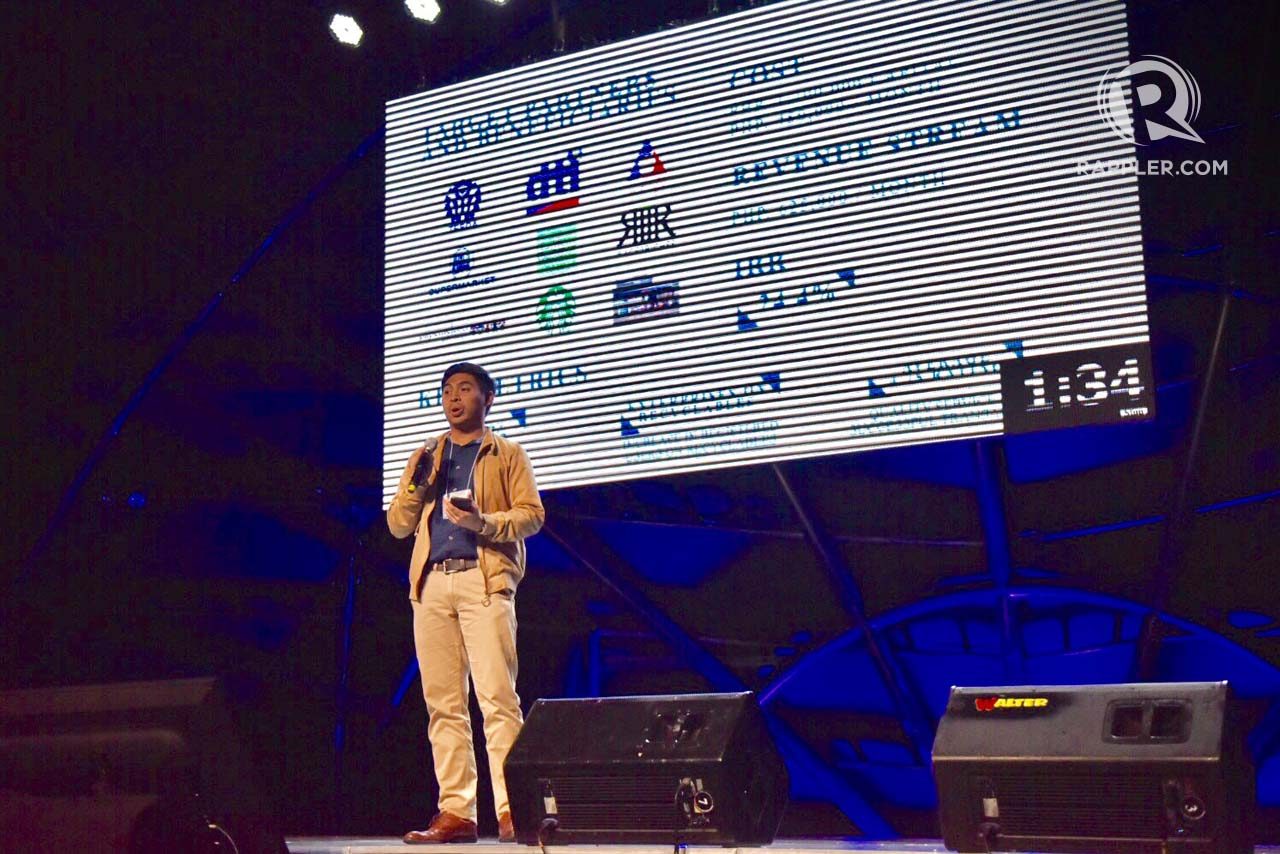
MANILA, Philippines – Ideas to recycle waste products and promote agriculture – these were just some of the concepts pitched by finalists in the environment and climate change category of the 2017 HackSociety semi-final round held on Friday, September 15.
Four teams pitched their ideas on the second day of the hackathon that aimed to crowdsource innovative solutions to some of the world’s pressing problems.
Here are their ideas for sustainable consumption and promoting a zero-waste lifestyle among Filipinos.
Do you know that the municipal solid waste (MSW) generated by the urban population of the Philippines every day amounts to 29,315 tons? This was according to a 2012 report by the World Bank, which also warned that the amount of MSW was projected to rise due to the booming populaton.
Team Waste Warriors wants to help solve the problem of waste disposal by promoting a zero-waste lifestyle among Filipinos. Through the digital platform WasteLink, the team aims to connect regular households with small-to-medium enteprises and industries that can then make use of these different waste as raw materials for new, upcycled products.
Through the app, users can specify what particular kind of trash they generate – whether it’s plastic, paper, metal cans, or tetra paks. SMEs and other interested parties can then use this data to determine if they can partner up with the user as a potential supplier of these waste products.
By linking waste suppliers and waste buyers, the team aimed to reduce trash that end up in dumpsites.
The team said WasteLink was more than just a platform for waste trading, but a smarter solution for waste reduction.
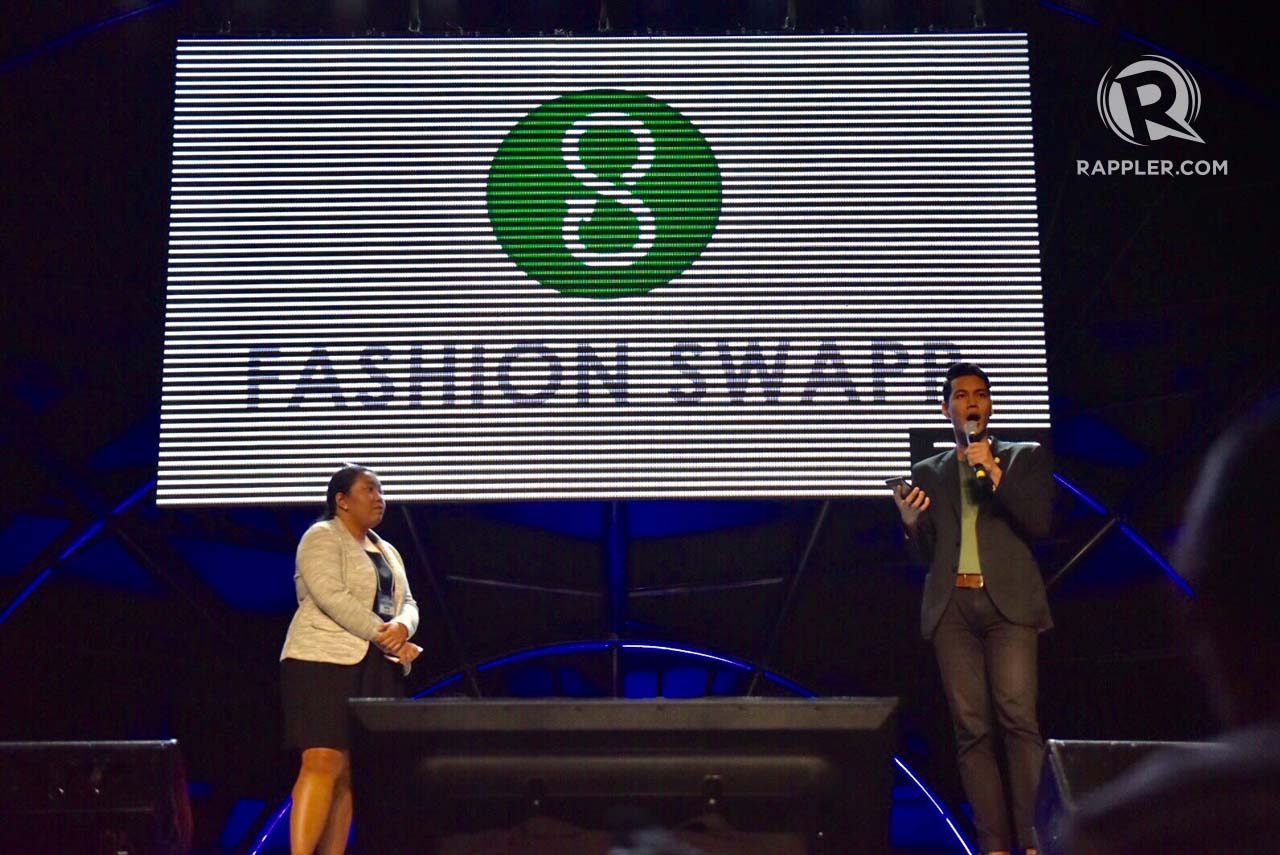
Did you know that the fashion industry was also a big contributor to pollution? From manufacturing to shipment to disposal, the process of creating garments can leave quite an ecological footprint.
And because fast fashion was exacerbating the problem, team IdeaGo Philippines wanted to slow this cycle down. Fashion Swapp app is an “online ukay-ukay,” where users can sell, shop, trade, or donate their old clothes.
Those who don’t want to sell or swap their clothes can choose to donate them, and the team can put these in upcycling facilities to create new products.
The team also said that data from users could serve as market research for retail companies, and as basis for government agencies to craft and implement regulatory policies.
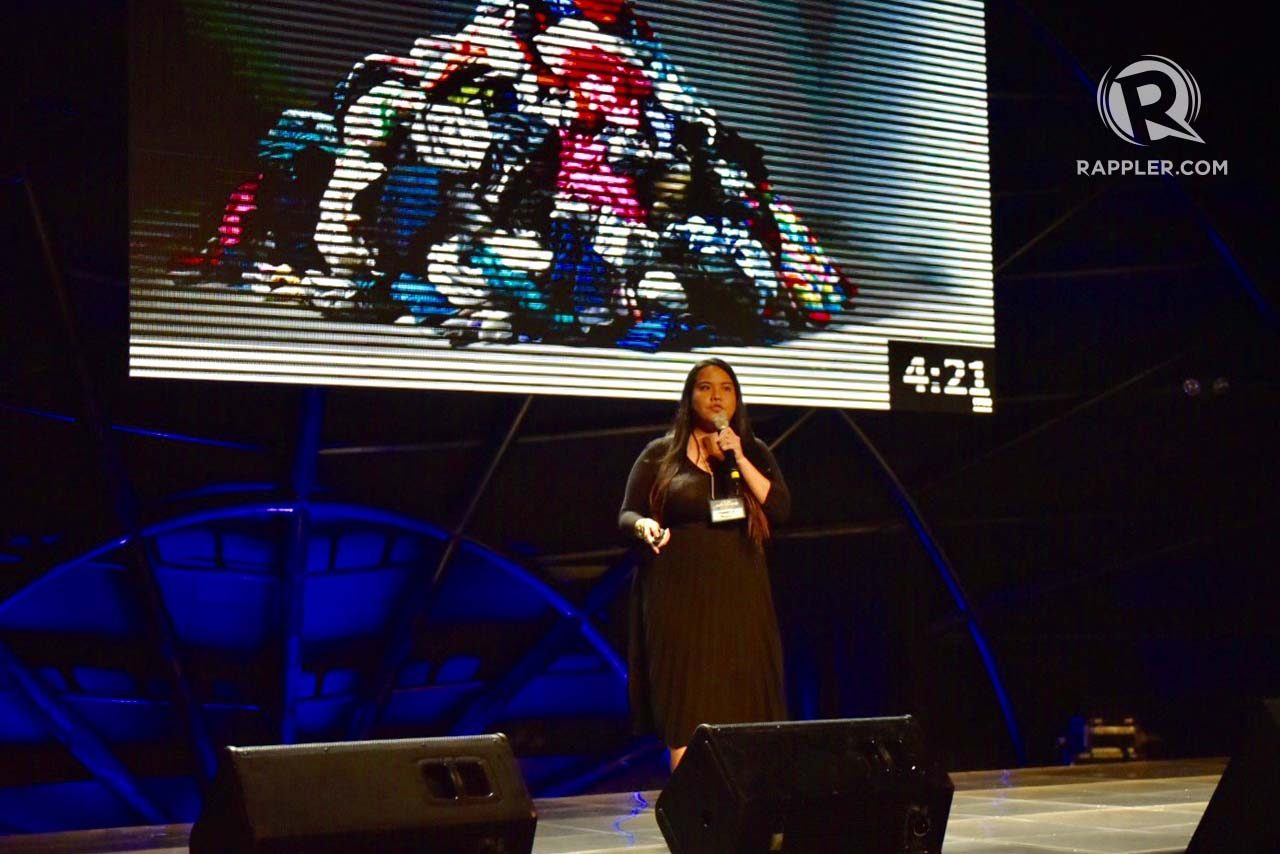
Textile waste is one of the biggest waste by-product of the fashion industry, with 11.1 million tons of textile waste in the US alone for 2014. To help reduce this waste and prevent more of it from simply being thrown into landfills, Team Phinix aims to be a pioneer textile recycling center in the country that will collect old clothes and fabric scraps and upcycle these into newer, highly valued products such as footwear and accessories.
The team hopes to scale up and have a textile recycling center in every country of the Association of Southeast Asian Nations (ASEAN).
Pamela Mejia said they also planed to collaborate with local artisan designers and the shoemaking industry to promote local businesses.
“We aim for the triple bottom line – we are for the planet, for the people, and for profit,” she said.
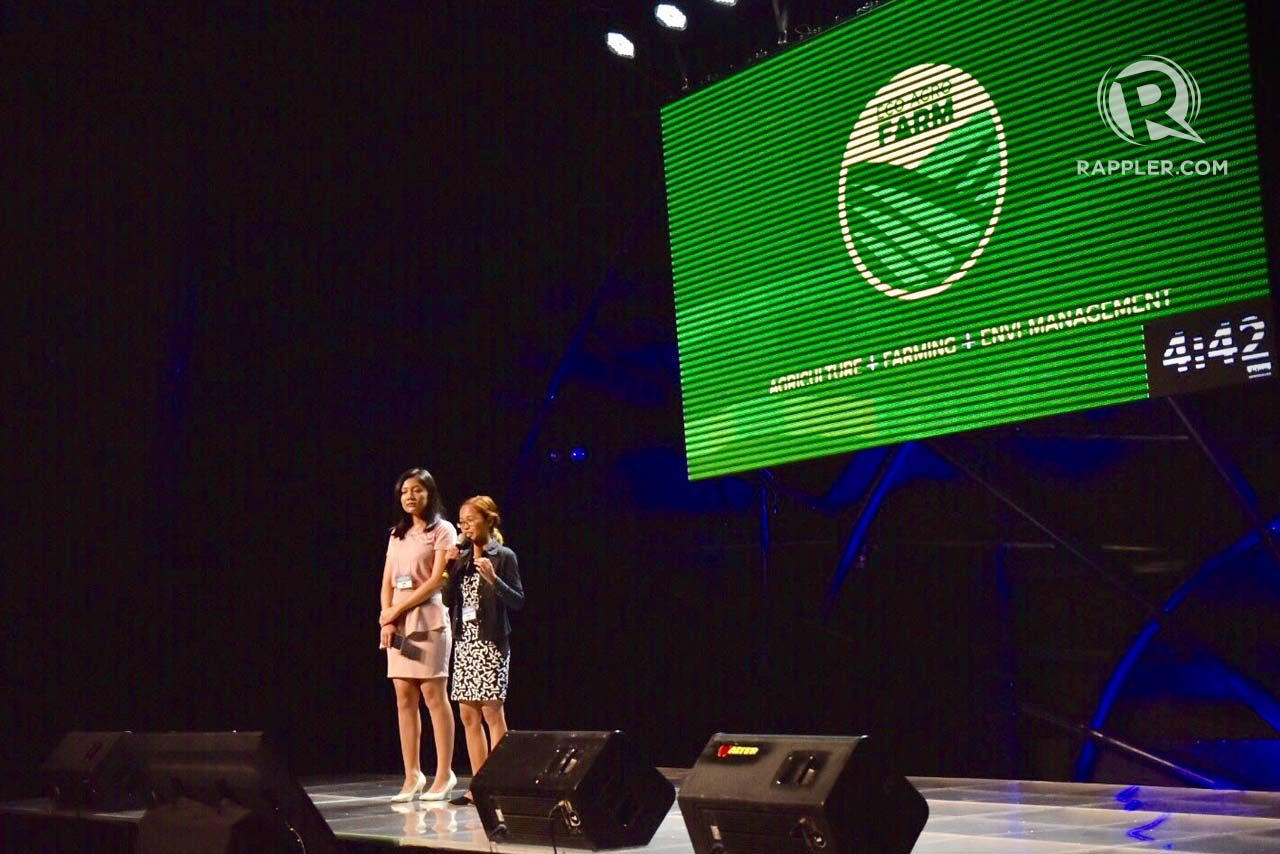
How do you provide sustainable food sources and provide income to a small rural community in Leyte?
A team of students from the Visayas State University aims to address these two problems through a concept called rainforestation farming system. In this system, native or indigenous tree species will be planted in a farm lot, along with agricultural crops that will be suited to the chosen community.
The proposed Eco-Agro farm aims to rehabilitate the original state of the forest in the community and at the same time provide a sustainable source of food for the community.
The team said the project will help residents who depend on farming, while at the same time helping maintain the forest ecosystem.
“We believe that agriculture and the environment are the lifeblood of this country,” said Hanna Joyce Macawili.
“The Eco-Agro farm is putting farming, tree growing, and environmental management in one equation,” said Aura Shaznay Tumulak. – Rappler.com
Add a comment
How does this make you feel?


![[In This Economy] Can the PH become an upper-middle income country within this lifetime?](https://www.rappler.com/tachyon/2024/04/tl-ph-upper-income-country-04052024.jpg?resize=257%2C257&crop=295px%2C0px%2C720px%2C720px)
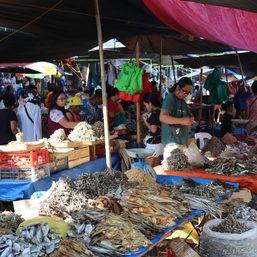
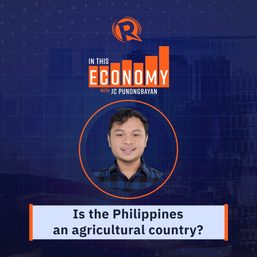
There are no comments yet. Add your comment to start the conversation.